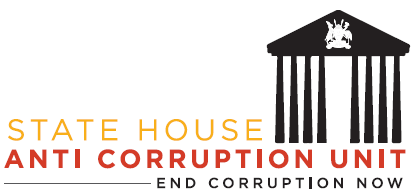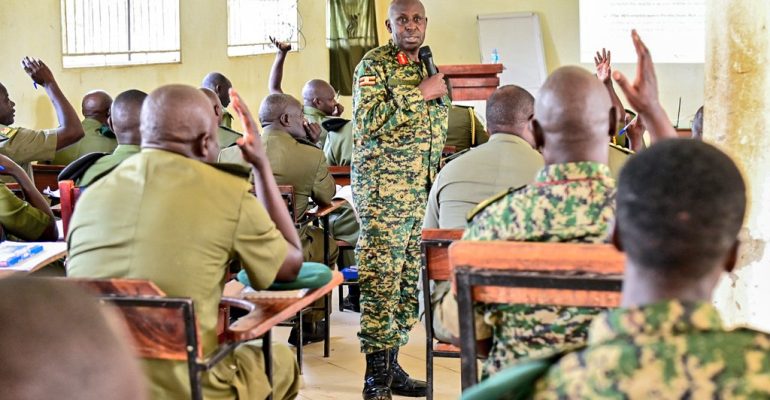
September 17, 2024, The Head of the State House Anti-Corruption Unit (SHACU), Brig. Gen. Henry Isoke, addressed officers attending an advanced intelligence course at the School of Military Intelligence in Migyera. He was welcomed by the Commandant of the School, Col. James Muhumuza, who commended Brig. Gen. Isoke for his continued leadership in combating corruption.
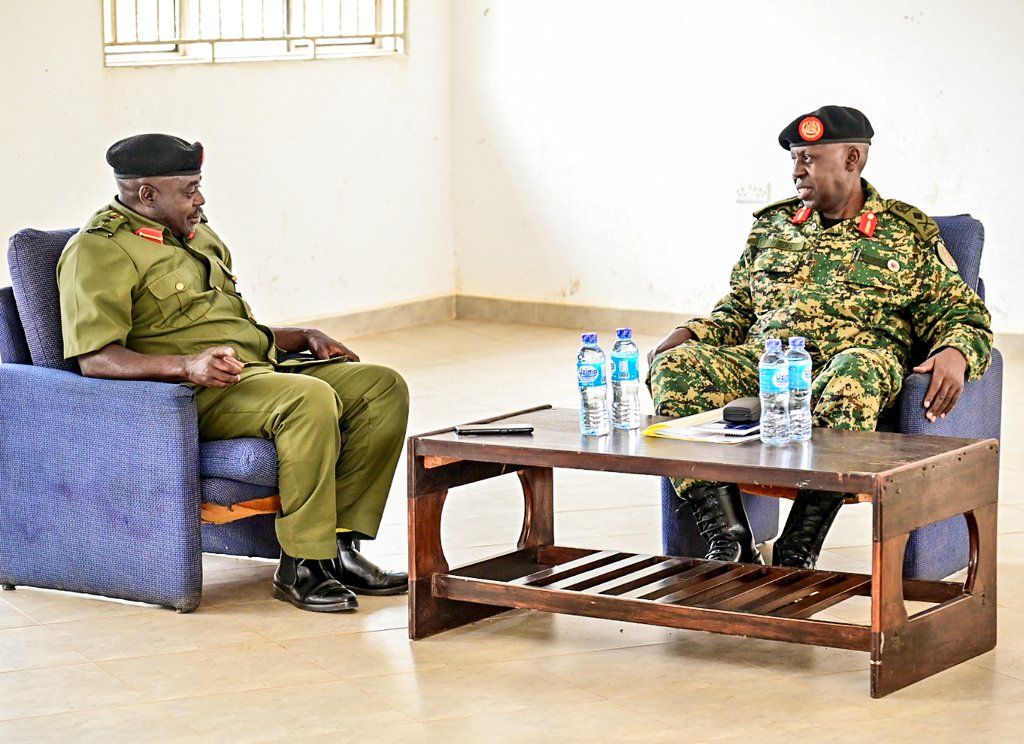
In his remarks, Brig. Gen. Isoke emphasized that corruption poses a significant threat to national security, stating that it undermines critical aspects of the nation, including the economy, environment, military, and the very pillars of the state. He pointed out that corruption not only weakens national institutions but also creates grievances among the public, erodes state legitimacy, and contributes to crime and instability, all of which hinder effective service delivery.
Brig. Gen. Isoke explained that corruption within the military, such as the theft of fuel, rations, pensions, allowances, and salaries, directly compromises the effectiveness and operational readiness of the armed forces. He stressed that curbing these corrupt practices is crucial to maintaining the strength and integrity of the Uganda People’s Defence Forces (UPDF).
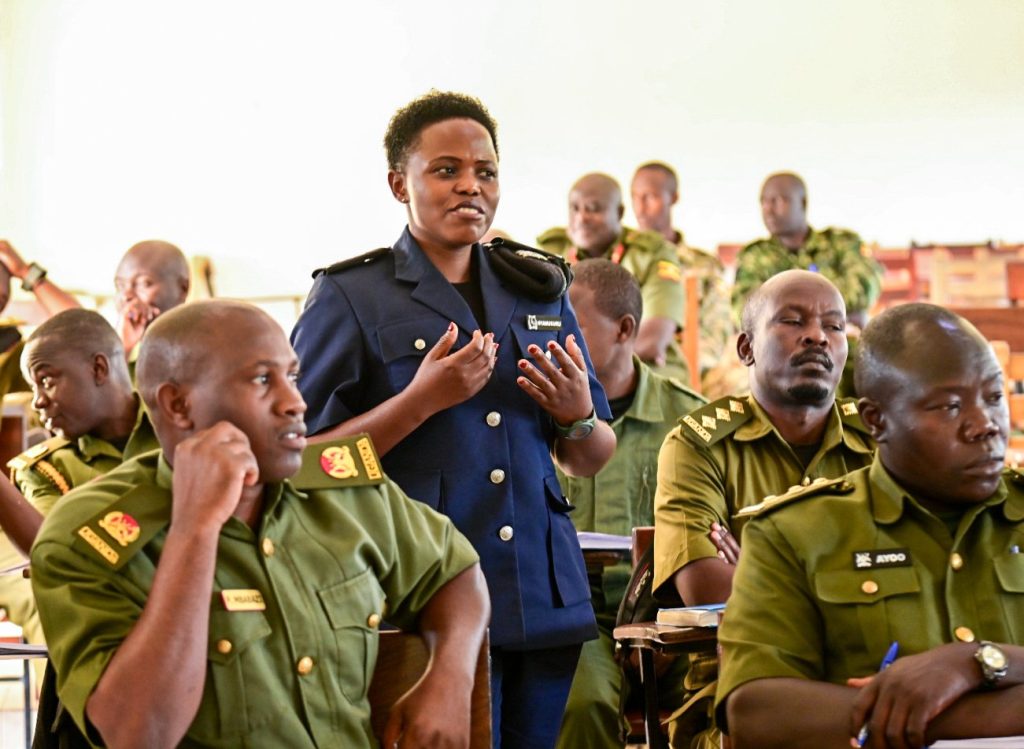
The role of intelligence agencies in fighting corruption was also a key focus of Brig. Gen. Isoke’s address. He highlighted how SHACU relies on intelligence-led operations, collaborating closely with other intelligence agencies to track and follow up on tips through human and technical intelligence. These efforts enable the early detection of corruption, preventing its spread and impact.
Brig. Gen. Isoke also acknowledged the various government efforts to combat corruption, mentioning the existence of multiple legislations and institutions working in complementary roles. He emphasized the importance of a coordinated and multi-agency approach in the fight against corruption.
In conclusion, Brig. Gen. Isoke thanked the UPDF leadership, particularly the Chief of Defense Intelligence and Security (CDIS), for their dedication to raising the professionalism of intelligence officers through continuous training. He also commended Col. Muhumuza for the ongoing transformation of the School of Military Intelligence, both in terms of the quality of training and the development of physical infrastructure.
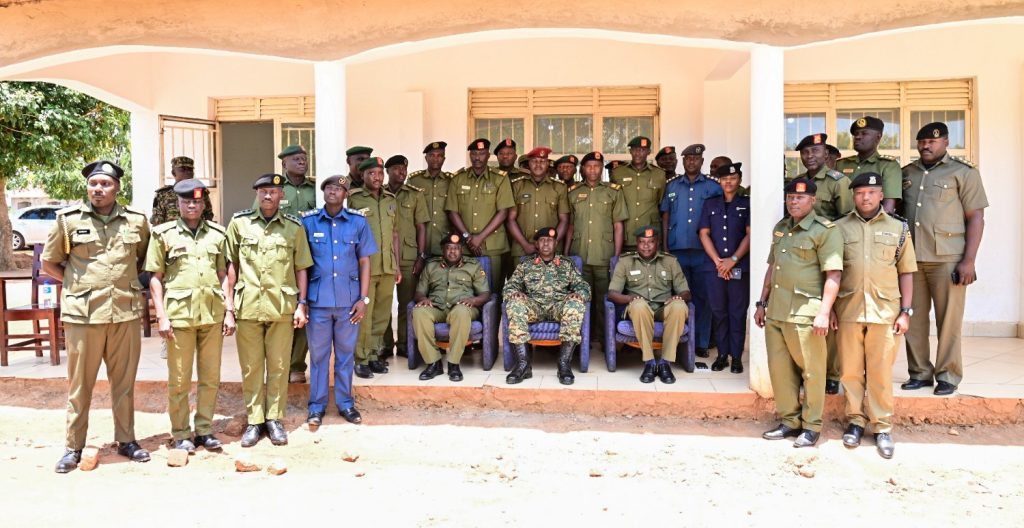
This engagement reaffirms SHACU’s commitment to working with intelligence and military institutions in its mission to fight corruption and safeguard Uganda’s national security.
